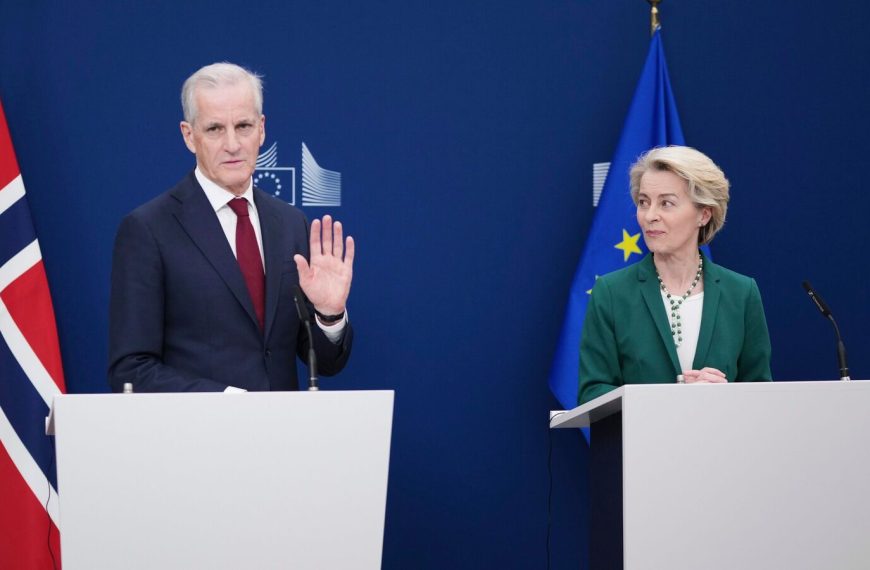In a recent analysis, renowned economist Arthur Laffer has raised alarms over the potential impacts of President Donald Trump’s proposed 25% tariffs on auto imports. According to Laffer, this significant increase in tariffs could inflate the cost of an average vehicle by $4,711, hindering the competitiveness of American automakers against their foreign counterparts. His insights shed light on the delicate balance of trade and manufacturing in the U.S. automotive sector.
Economic Implications of Tariffs
Laffer’s comprehensive 21-page analysis suggests that the auto industry would fare better if the Trump administration adhered to the supply chain agreements established in the USMCA trade deal, which was crafted during Trump’s first term. The intention behind the temporary exemption of auto and parts imports from tariffs, effective April 3, is to provide the administration time to devise a strategy for taxing non-U.S. content in vehicles.
- Potential vehicle cost increase: $4,711 without exemptions
- Projected vehicle cost with exemptions: $2,765
Laffer warns that imposing these tariffs without exemptions could lead to severe repercussions for the industry, contradicting the administration’s goals of bolstering U.S. manufacturing and ensuring economic stability. He states, "Without this exemption, the proposed tariff risks causing irreparable damage to the industry."
Balancing Strategy and Economics
In a recent interview, Laffer acknowledged the controversy stirred by his report but clarified that it focuses solely on economic consequences rather than Trump’s trade negotiation tactics. He emphasized, "This is about facts, not how we feel." Despite his critical analysis, Laffer commended Trump for his extensive knowledge of trade issues, suggesting that the tariff threats could ultimately lead to beneficial trade agreements.
- Laffer’s Thoughts on Trump:
- "Donald Trump is more familiar with the gains from trade than any politician I’ve ever talked to."
- He expressed confidence in Trump’s competency and negotiating abilities.
While the proposed tariffs have created unease in the stock market and among consumers, Laffer’s analysis serves as a reminder of the potential economic fallout if import taxes do not result in effective trade deals. He believes there’s still an opportunity for Trump to recalibrate his approach, highlighting the USMCA as a major success during his presidency.
The Significance of USMCA
Laffer pointed out that the United States-Mexico-Canada Agreement (USMCA) has become a pivotal element of North American trade policy, enhancing economic growth and stabilizing supply chains within the automotive sector. He praises the agreement as a "significant achievement" for the Trump administration, which has the potential to protect the industry from the adverse effects of tariffs.
A Legacy of Economic Insight
Arthur Laffer, who received the Presidential Medal of Freedom from Trump in 2019, is widely recognized for his contributions to economic policy, including the concept of the Laffer Curve. This principle illustrates that excessively high tax rates can hinder revenue generation, a notion that has resonated with many in the Republican party.
- Key historical highlights:
- Served as chief economist for the White House Office of Management and Budget.
- Contributed to economic policy during President Ronald Reagan’s administration.
- Co-authored “Trumponomics: Inside the America First Plan to Revive Our Economy”.
Trump maintains that these tariffs will encourage both foreign and domestic automakers to establish production facilities in the U.S., citing a recent $5.8 billion investment from South Korean automaker Hyundai as evidence of the strategy’s promise. "For the most part, I think it’s going to lead cars to be made in one location," Trump remarked, indicating his belief that manufacturing efficiency will improve as a result.
In conclusion, as the dialogue around tariffs and trade continues, the insights from Laffer’s analysis underscore the intricate relationship between policy decisions and their economic ramifications, urging a thoughtful approach to U.S. trade strategy.











